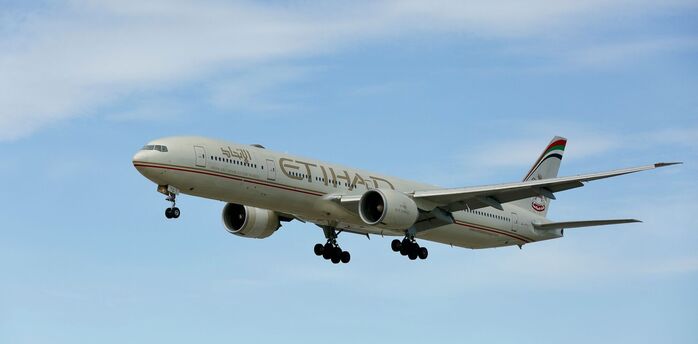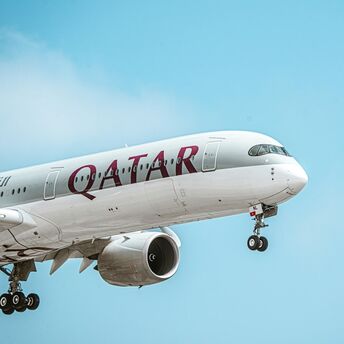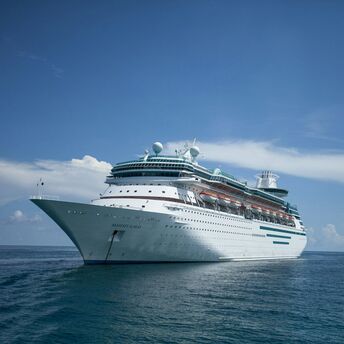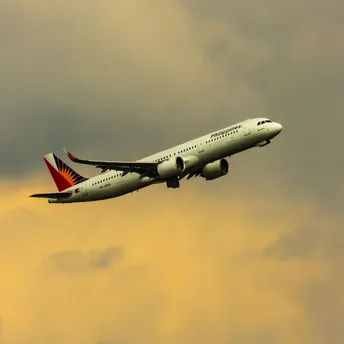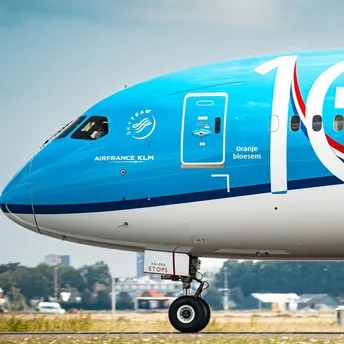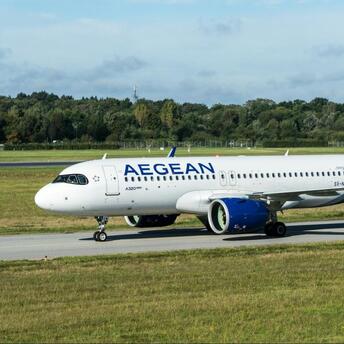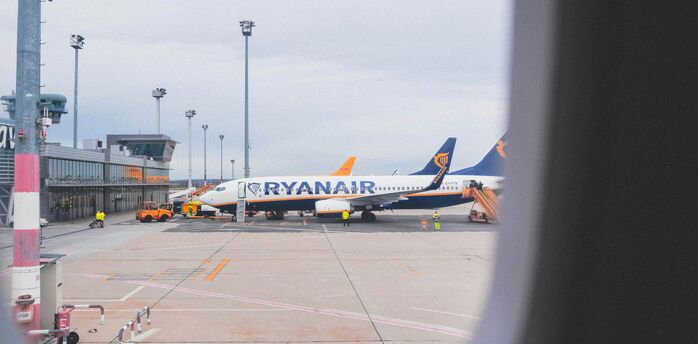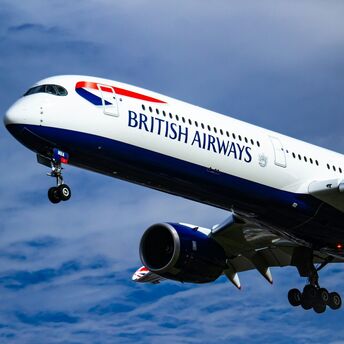Omni Air Pilots on the Brink of Strike: A Call for Fair Compensation
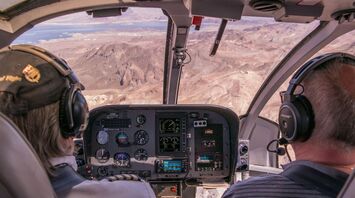
In a decisive move, the pilots of Omni Air International, a prominent player in the U.S. military transport sector also known for its passenger charter and wet leasing services, have voted in favor of authorizing a strike. The core issue fueling this potential industrial action is the failure to provide industry-standard compensation, spotlighting the broader challenges within the leasing airline sector, particularly those associated with wet leasing arrangements.
Omni Air International, headquartered in Tulsa, Oklahoma, finds itself at a critical juncture as its 350 pilots, represented by the Teamsters Union, demand equitable pay. According to SimpleFlying, this labor dispute unveils the operational and financial intricacies of wet leasing—where airlines offer aircraft, crew, maintenance, and insurance (ACMI) services to other carriers in need of additional capacity. Captain Paul Rodell, from the Omni Air Pilots Executive Council, voiced his concerns, stating the airline's current approach has not only resulted in the loss of top-tier pilots but also hindered the ability to attract new talent.
This confrontation arises at a time when pilot compensation has become a hot-button issue across the aviation industry. Major U.S. airlines such as United Airlines have embarked on record pilot hiring sprees, making the competition for skilled aviators fiercer than ever. With the five largest U.S. carriers—American, Alaska, Delta, Southwest, and United Airlines—already having settled their pilot contracts, Omni Air's standoff highlights the unique challenges faced by wet leasing airlines in balancing cost control with the need to remain competitive in attracting and retaining pilot talent.
Omni Air's significance extends beyond its leasing and charter operations; it plays a vital role in supporting the U.S. Department of Defense, transporting military personnel, and assisting startup airlines with aircraft and crew provisions. The airline boasts a seasoned team, with pilots averaging fifteen years of experience and flight attendants trained for various specialized operations, including emergency evacuations and government charters. Moreover, Omni distinguishes itself by ensuring a mechanic accompanies each flight—a testament to its commitment to safety and operational reliability.
As the industry watches closely, the potential strike at Omni Air underscores a critical debate over fair labor practices and the sustainability of cost-control measures in the competitive landscape of aviation. With a fleet comprising aging Boeing widebodies, the airline's next steps could set a precedent for negotiations within the wet leasing sector and beyond, signaling the importance of investing in human capital to navigate the challenges of the modern aviation marketplace.


